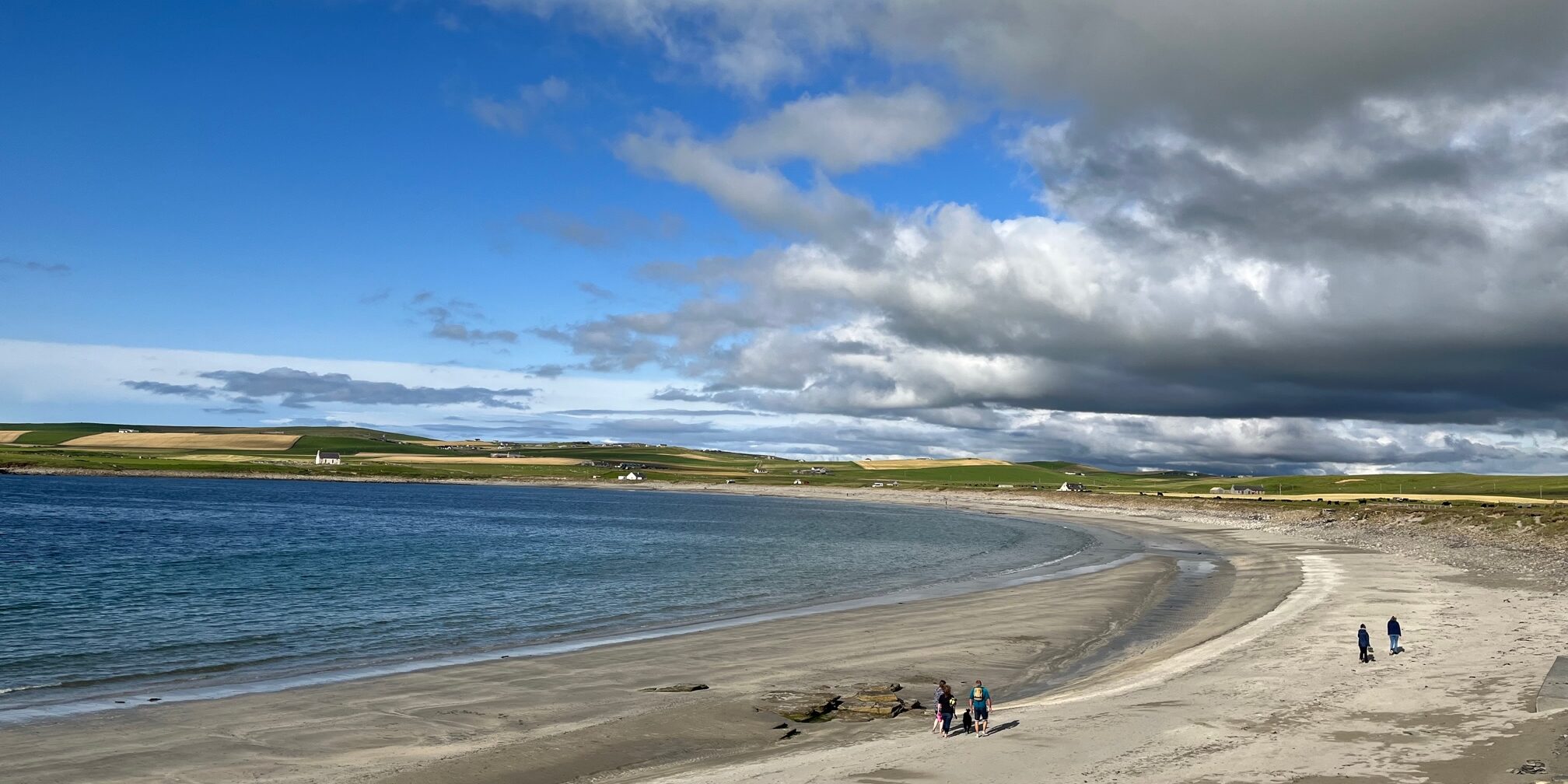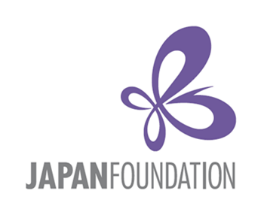About the project

What is the project for?
The project “Developing hybrid Japanese language education for Scottish secondary schools” is conducted by Japanese Studies, The University of Edinburgh, funded by the Japan Foundation through the membership of the JF Nihongo Network (as known as Sakura Network).
The aim of the project is to set up and to deliver a hybrid Japanese language tuition for Scottish high school pupils, particularly in remote areas in Scotland to promote Japanese language and culture to Scottish secondary school pupils by hybrid Japanese language tuition through a Scottish eLearning system and in-person teaching.
For the online tuition, we are going to use e-sgoil (https://www.e-sgoil.com/): it was developed in Scotland for online teaching and learning, originally for schools in remote areas in Scottish Highlands and islands.
Once we establish hybrid/online Japanese language tuition, it will be offered to the school pupils for free so that they will have an opportunity to learn Japanese language even they live in a remote area.
Background
The Highers or Advanced Highers, the official qualifications for school leavers in Scotland, do not have Japanese language. Although some schools try to organise a Japan club or extra-curricular arrangement, many school pupils do not have easy access to quality Japanese language education. If they are in or around Edinburgh, they may have a chance to get free ‘school visits’ from the Consulate General of Japan or the Japanese Studies department of the University of Edinburgh, however, they are mostly one-off events and sessions and hardly any involve systematic language tuition.
To address this issue, we would like to set up a hybrid Japanese language teaching platform and develop teaching materials for Scottish secondary school pupils. As a pilot, we are planning to visit some secondary schools with modern language teachers who also teach Japanese or who organise Japan clubs, preferably the one in Orkney, to investigate what types of activities are suitable for secondary schools, and to form a collaboration for co-developing tailor-made teaching materials and syllabi. Visiting the secondary school in Orkney is particularly beneficial for our project as in the Orkney islands, which is one of the remote areas in Scotland, schools have been active in promoting Japanese language and culture through various events as well as Japanese language classes offered by an officially registered modern language schoolteacher. Although both human resources and teaching resources are extremely limited, they have maximised their efforts to provide such opportunities to their students.
Outcomes of the project
The expected outcomes are to:
- Promote Japanese language and culture in secondary schools, particularly in remote areas of Scotland
- Develop hybrid Japanese teaching and learning materials suitable for secondary school pupils on the Scottish schools’Learning Management System called esgoil, which will be accessed and used by Scottish secondary schools for free
- Pave the way to restarting discussions for implementing more systematic Japanese language education at Scottish secondary schools that have been paused due to the pandemic
The project will be publicised through various channels such as SNS as well as the university website. Our findings will be disseminated through relevant-field conferences and papers.
Project Members
Project Leader
Fumiko Narumi-Munro (F.Narumi-Munro@ed.ac.uk)
Project Members
Atsuko Moriyama (Atsuko.Moriyama@ed.ac.uk)
Yoko Matsumoto-Sturt (Yoko.Sturt@ed.ac.uk)
Helen Parker (Helen.Parker@ed.ac.uk)
Abigail MacBain (Abigail.Macbain@ed.ac.uk)
Sakie Chiba-Mooney (Sakie.Chiba@ed.ac.uk)
Akihiko Shimizu (Akihiko.Shimizu@ed.ac.uk)
Mihoko Pooley (Mihoko.Pooley@ed.ac.uk)
Japanese Language Tutors
Online
Ayumi Kumagai
Yuko Matsuoka
In-person school visits
Izumi Kuroda (Glasgow area)
Noriko Tabner (Stirling area)
Hitomi North (Aberdeen area)
Gavin Lawson (Edinburgh area)
Mari Murray (Edinburgh area)
Nairne Brown (Dumbarton and Glasgow area)



Comments are closed
Comments to this thread have been closed by the post author or by an administrator.